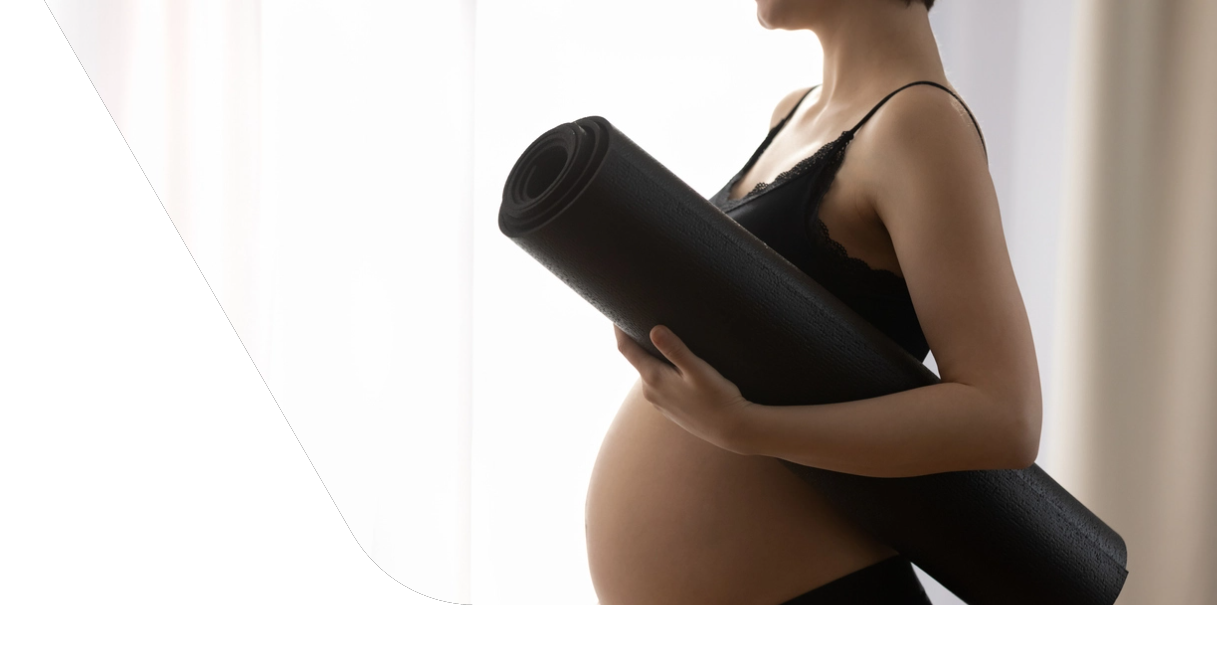The self-care movement is in full force. Lots of things people do to care for themselves—and some things that may be or feel like indulgences—may be considered self-care; it can be a very personal distinction to make. Whatever your personal approach to self-care, though, it’s important to keep up with—or find new—self-care rituals during your pregnancy to promote your health and wellbeing.
What is Self-Care?
The term self-care may evoke a lot of different—and maybe even conflicting—images for you: attending a Pilates class, indulging in a sugary coffee drink, turning off your cell phone notifications for an evening to focus on yourself, and so many other acts. One definition of self-care breaks it up into seven categories:1
-
Health literacy: Understanding your health options.
-
Mental wellbeing: Understanding your personal health situation and engaging with doctors.
-
Physical activity: Getting adequate exercise and an appropriate frequency.
-
Healthy eating: Doing your best to have a well-rounded, nutritious diet.
-
Avoiding risk: Reducing or avoiding substance use, protecting yourself from illness and injury.
-
Good hygiene: Bathing yourself and cleaning your surroundings.
-
Responsible use of products and services: Awareness of dangers in daily choices and responding appropriately.
Put more succinctly, self-care is what an individual does to maintain their health and wellbeing so they can care for their family and loved ones too.2
What isn’t Self-Care?
Based on this understanding of what self-care is, let’s explore what it isn’t:3,4
-
Self-care isn’t the same as self-improvement.
-
Self-care isn’t forcing yourself do something that feels bad or uncomfortable.
-
Self-care isn’t the same as numbing or avoidant behaviors.
-
Self-care isn’t about consuming expensive tools or foods or activities.
-
Self-care isn’t selfish—it’s not a treat or indulgence alone.
If self-care evokes taking a Pilates class, that is accurate if the goal is health and activity, but inaccurate if it’s about the act of paying and consuming the class or because you believe the Pilates will make you a “better” version of yourself.
Why is Self-Care During Pregnancy Important?
Throughout your pregnancy, the health of your baby is reliant on your own health and wellbeing. This is the key to a self-care practice, whether or not you’re pregnant: caring for your own health and wellbeing so you can support the health and wellbeing of those around you.2 Establishing a self-care practice early in your pregnancy and continuing that self-care into your second trimester will help ensure you’re providing the best environment you can for your growing baby.
Pregnancy Self-Care Tips for the Second Trimester
During your second trimester, these tips will help ensure your self-care routine stays on track:
-
Schedule and keep necessary prenatal appointments—and contact or head into the doctor’s office if you experience anything concerning.5
-
Pay attention to how your body changes during the second trimester then asking questions and advocating for yourself at doctor appointments.3
-
Consult with your doctor before starting or stopping any medications and about keeping up with an appropriate level of physical activity.6
-
Continue ensuring you eat a healthy, nutrient-rich diet in your second trimester while being mindful to not trigger second-trimester morning sickness with spicy or fatty foods.
-
Get an appropriate amount of rest, which includes not doing activities that will put strain on you or your growing baby.4
-
Take the time to keep up with your daily hygiene routines and other grooming activities that make you feel good—but avoid activities that could harm your baby. Studiedies show that getting your roots touched up is safe7, but it’s always smart to check with your doctor about grooming rituals you should consider avoiding.





